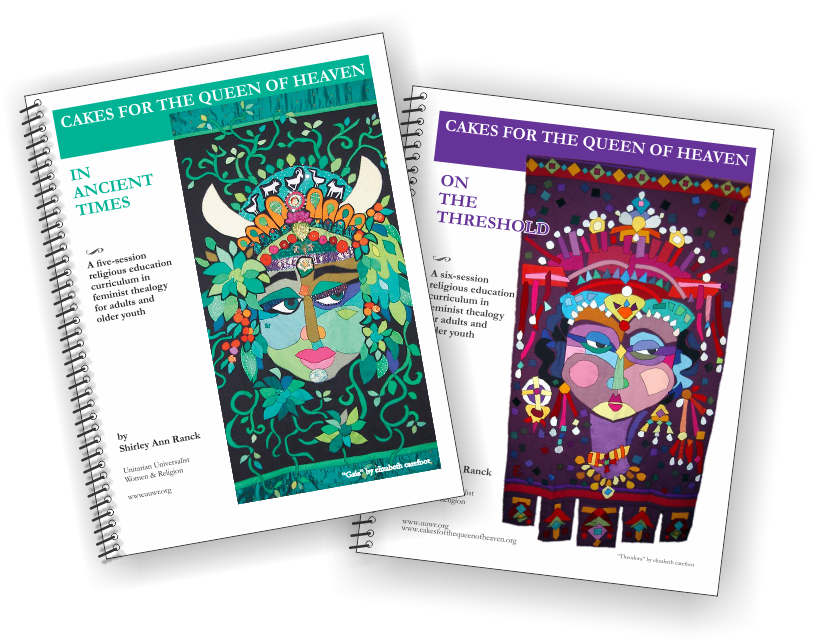Citizens’ Stamp Advisory Committee
c/o Stamp Development
U. S. Postal Service
1735 North Lynn St., Suite 5013
Arlington, VA 22209-6432
March 26, 2009
Members of the Committee:
Despite the late notice, we hope you will consider an honorary stamp on behalf of MARGARET FULLER (1810-1850) to celebrate the bicentennial anniversary of her birth in 2010.
Despite a lack of formal education, Fuller became one of the leading minds of her generation. A founding member of the Transcendentalism movement, she was the first editor of their literary voice, The Dial. Her career as a journalist later brought her to New York, where she became the first woman to be a full-time book critic anywhere in the world. Her connection to Horace Greely’s New York Tribune next brought her to warn-torn Italy, where she became the first American woman to be an overseas correspondent as well as the first to serve during wartime. While overseas, she joined in the cause of Italian revolution.
By this time Fuller had already published Woman in the Nineteenth Century – a book considered by many to be the first major work of feminism in the United States. In it, she asked Americans to redefine gender roles by opening more doors for women. In particular, Fuller promoted access to higher education and political rights as well as employment opportunities. To further her message, she took it upon herself to help women who had been denied access to proper formal education by presenting a series of “Conversations” for women to discuss college-level topics.
Her interest in reform, however, was not wholly focused on women. She was also an ardent abolitionist, referring to the “cancer of slavery.” She also sought reform in prisons and called attention to those who were poverty-stricken. She drew attention to the Native Americans who had so recently been displaced and consider these people an important part of the nation’s heritage. In writing a book on Native Americans, she used the library at Harvard University for research – the first woman allowed to do so.
In the nineteenth century, Fuller was admired by the likes of Ralph Waldo Emerson, Walt Whitman, George Eliot and Elizabeth Barrett Browning. Awed by her assertiveness, Edgar Allan Poe came to believe that there were three types of people in the world: “Men, women, and Margaret Fuller.” After her tragic death by shipwreck in 1850, Fuller’s later admirers included Susan B. Anthony, who considered her the “precursor of the Women’s Rights agitation” and that she “possessed more influence upon the thoughts of America, than any woman previous to her time.”
For a woman of the nineteenth century, Margaret Fuller was clearly ahead of her time. Using both her voice and her pen, she attempted to redefine the roles of women and earn respect and equality for all Americans. Now, 200 years after the birth of Margaret Fuller, her messages still stand. We, the undersigned, represent only a small faction of people who believe her memory should be honored by the tribute of a federal postage stamp. Thank you for your consideration.
With sincerity and gratitude,
Representatives of the Margaret Fuller Bicentennial Committee











